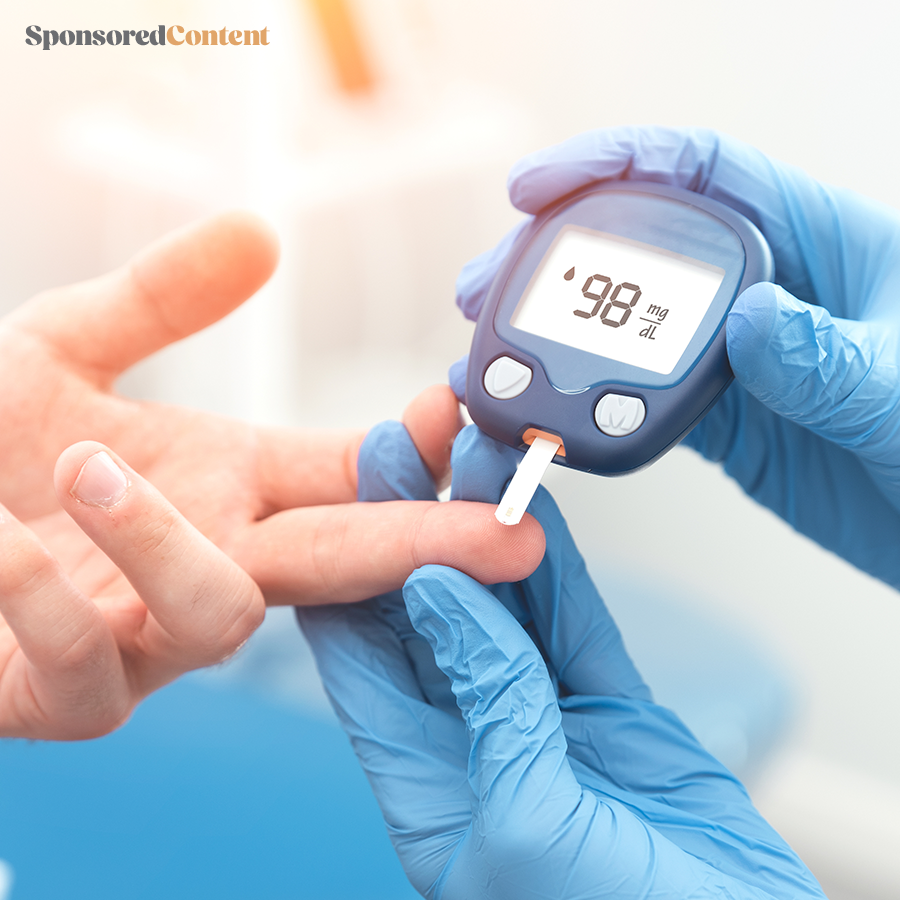Understanding Blood Sugar and Its Relationship to Disease
Let’s start with a few basic understandings: What is blood sugar?
What you consume in the form of food and beverages has an impact on your blood sugar (glucose), which is what your body uses for energy. Simply put, glucose enters the bloodstream when you eat carbohydrates, while the pancreas produces a hormone called insulin to keep your blood glucose at optimal levels. When you eat or drink things like sugar, alcohol, or a diet high in excess carbohydrates (the standard American diet S.A.D.) in relationship to protein, fat, fi ber, and other macronutrients, your blood elevates glucose and causes a boomerang e ect, later making your blood sugar drop. This drop triggers the body to produce excess adrenaline, along with a host of other reactions that aren’t usually welcome. A body that goes on a roller coaster ride like this can feel the e ects all day, not to mention blood sugar that’s frequently too high can lead to insulin resistance, obesity, kidney and heart disease. That’s why keeping your blood sugar on an even keel is imperative, and it can be as simple as making some changes to the food you eat. Eating real, whole foods, a diet that consists of quality protein, healthy fats, fi ber and is moderate in carbohydrates can set your body up for good health. Simply put: if you don’t control your blood sugar, you’re not going to control or reach optimal health. It is known that 90 percent of all disease states are caused by infl ammation. A lack of blood sugar control is a primary driver of infl ammation. Therefore, learning to control your blood sugar is essential to reduce the risk of disease. If you don’t control your blood sugar, you will not control disease risk. And if you don’t control your blood sugar, your blood sugar will control you.

